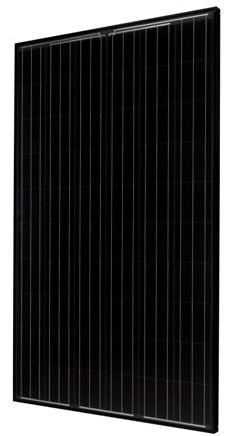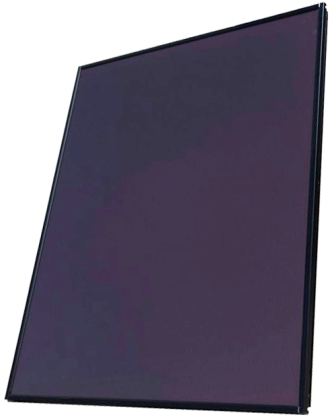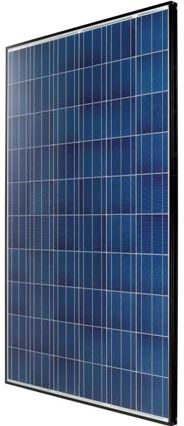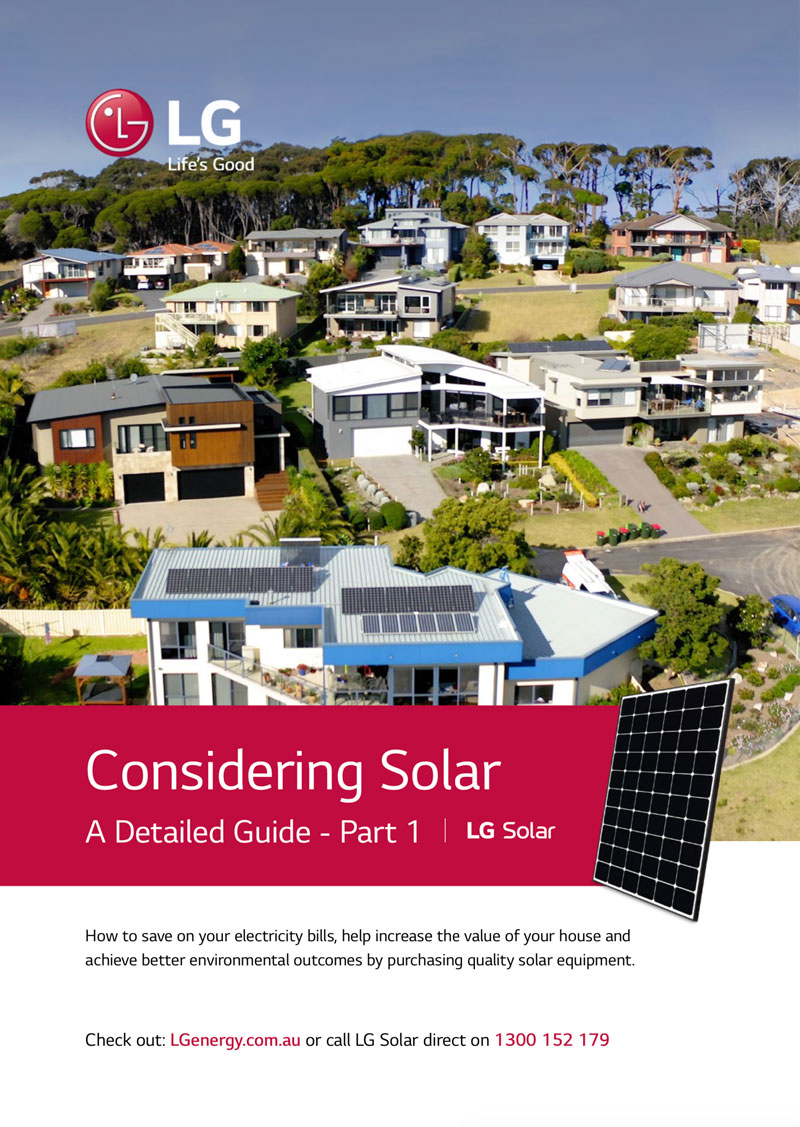What types of solar panels are available in the market?
There are three main types of solar panels available in the marketplace:
1. Mono Crystalline

These solar panels are a proven technology that has been in use for over 40 plus years. There are out there Mono Crystalline panels installed in 1980, which still work today. They are one of the most efficient solar panel technologies and are more efficient than the other two technologies represented here. Mono Crystalline panels are commonly used where installation space is limited, or where there are high costs associated with installing panels, as Mono Crystalline technology for larger solar power systems can potentially use less panels than the other two technologies. The average efficiency for standard Mono Crystalline panels is 15% plus.
When it comes to appearance Mono Crystalline panels are usually black with white diamonds. Mono- Crystalline solar panels have a very slow degradation, meaning they lose relatively less efficiency every year. LG’s Mono-X solar panels are of the Mono Crystalline type. The Mono-X Black range is completely black and does not show the small white diamond fields.
2. Poly Crystalline – also known as Multi Crystalline
| These panels are similar to Mono Crystalline panels, but the silicon used is Multi-Crystalline which is easier to make. It is usually slightly less efficient than Mono Crystalline in performance. The Poly Crystalline panels are usually blue in colour. Slightly more panels are required for larger systems than Mono Crystalline systems. In very hot environments Poly Crystalline can hold their own against Mono Crystalline, due to the usually slightly better temperature co-efficiency. The average efficiency for standard Poly Crystalline solar panels is around 14.5% plus. |
3. Thin Film

These panels are typically nearly double the size than the other panel varieties. The reason is, that they are markedly less efficient. Research is continuing to improve the performance of Thin Film panels and to refine the manufacturing process. They respond well to slightly diffused light and their efficiency does not drop significantly on hot days. There are currently very few thin film panels on the market in New Zealand for residential systems.


